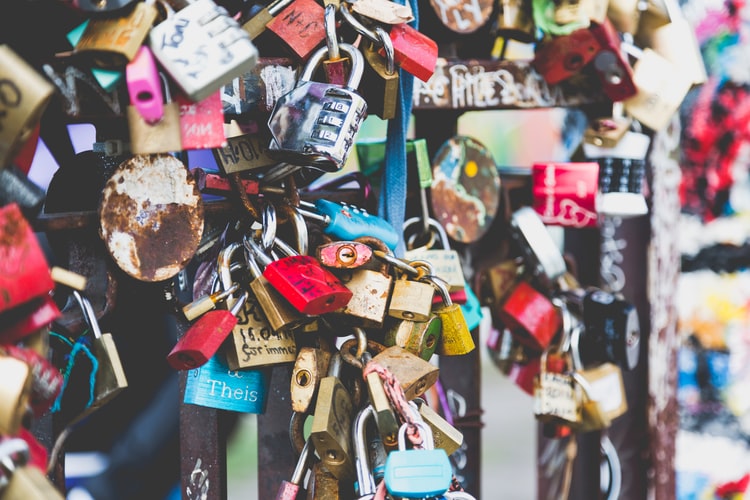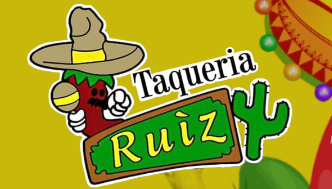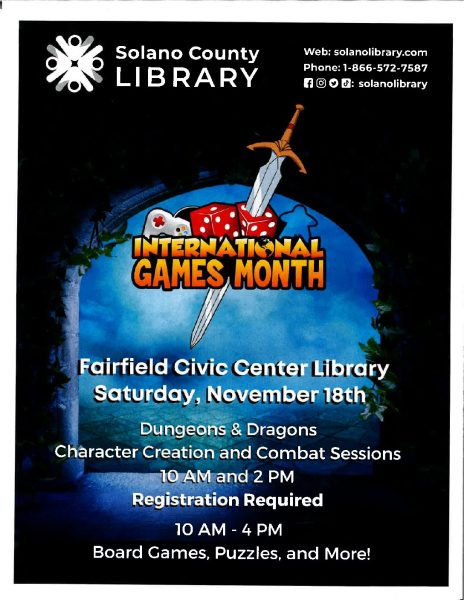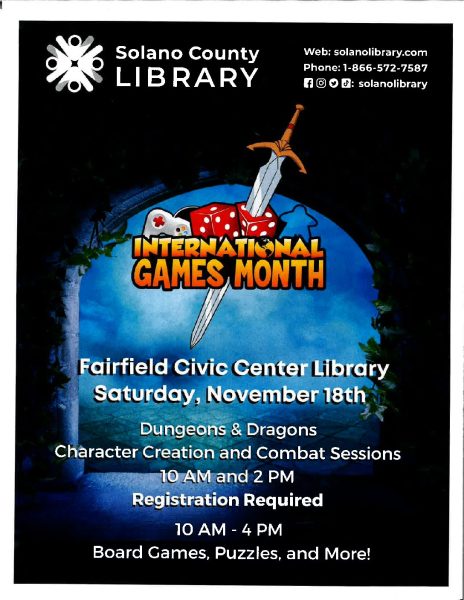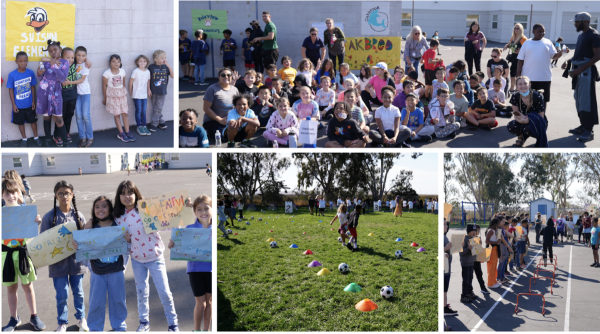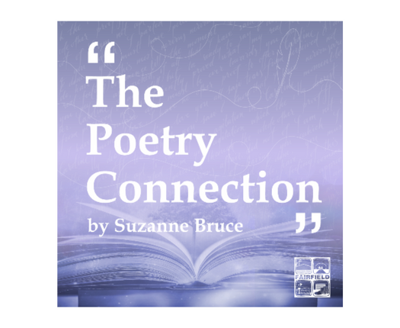Teen Dating Violence Awareness Month
Padlocks on the docks signaling commitment, not being chained down.
While February is usually associated with romance and love, it is also a time to draw attention to relationships that have gone bad. February is Teen Dating Violence Awareness Month.
Many teens don’t know the red flags in a relationship and often stay in abusive relationships because they are not fully aware of what is going on. “About 1 in 10 teens who have been on a date have also been physically abused by a boyfriend or girlfriend in the last year,” www.healthfinder.gov said, and to add to that, www.loveisrespect.org also said, “One in three teens in the U.S. will experience physical, sexual, or emotional abuse by someone they are in a relationship with before they become adults.”
Teen violence in relationship should not be as common as it is, so raising awareness to this problem and learning the red flags beforehand will help teens protect themselves and their peers. Both boys and girls can be in an abusive relationship, but there are ways out.
Here are some signs of an abusive relationship, but keep in mind that abuse comes in many different forms: sexually, emotionally, mentally and physically.
When you’re in a relationship and you feel like nothing is private from your partner, by their choice.
Having your partner pressure you into including them in every part of your life and having no space from them.
Having to ask permission to do things.
Your partner dictates every part of your life: who you should talk to, what you should wear, and how you act.
Hitting, slapping, forceful motions towards you are physical abuse. Even if there are no marks or bruises, being scared of your partner is unhealthy. They don’t even have to actually hit you; they could hit the wall right next to you so you feel threatened.
Verbal abuse: belittling you in front of your friends or in private. They could tell you that you are nothing without them and force you to think you need them.
The healthy alternative is that you feel comfortable telling each other things, but not obligated to do so. Being in these relationships can make you lose sight of yourself and make you feel not good enough as yourself, which is what the other person wants.
For further information or help you can call the National Domestic Violence Hotline – 1-800-799-7233 https://www.thehotline.org/
Hi, my name is Madison Irwin. Some activities I enjoy are drawing, watching anime, and playing sports. Some sports I play are jiu-jitsu, judo, wrestling,...
